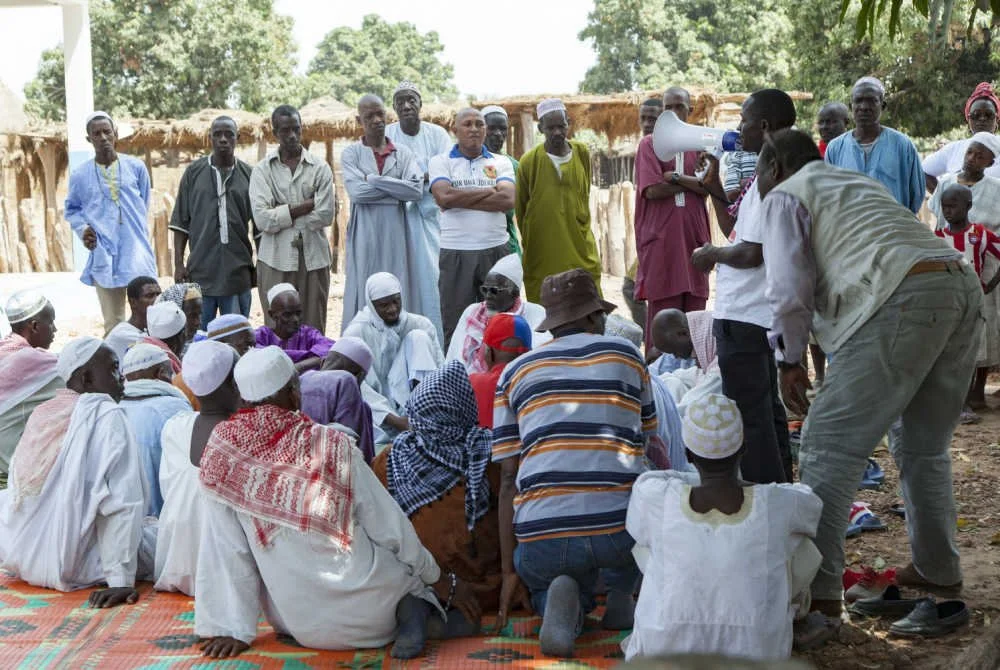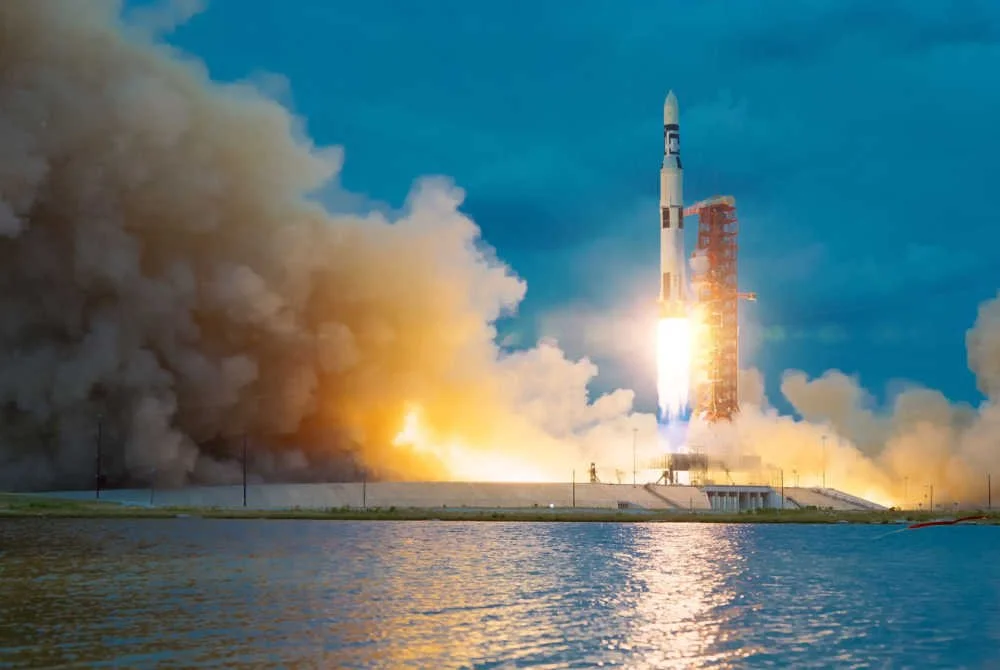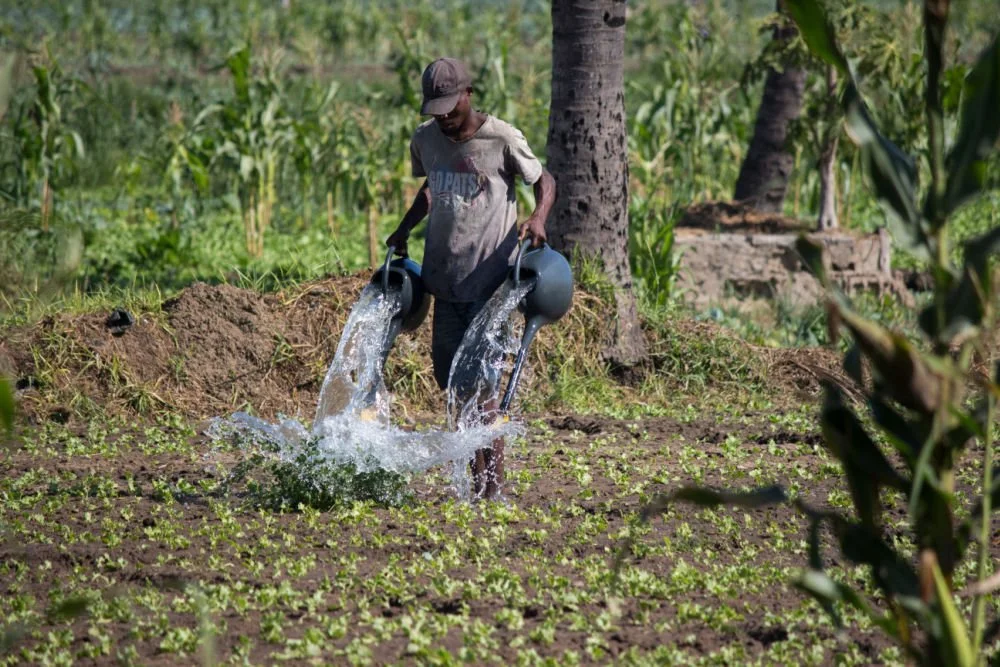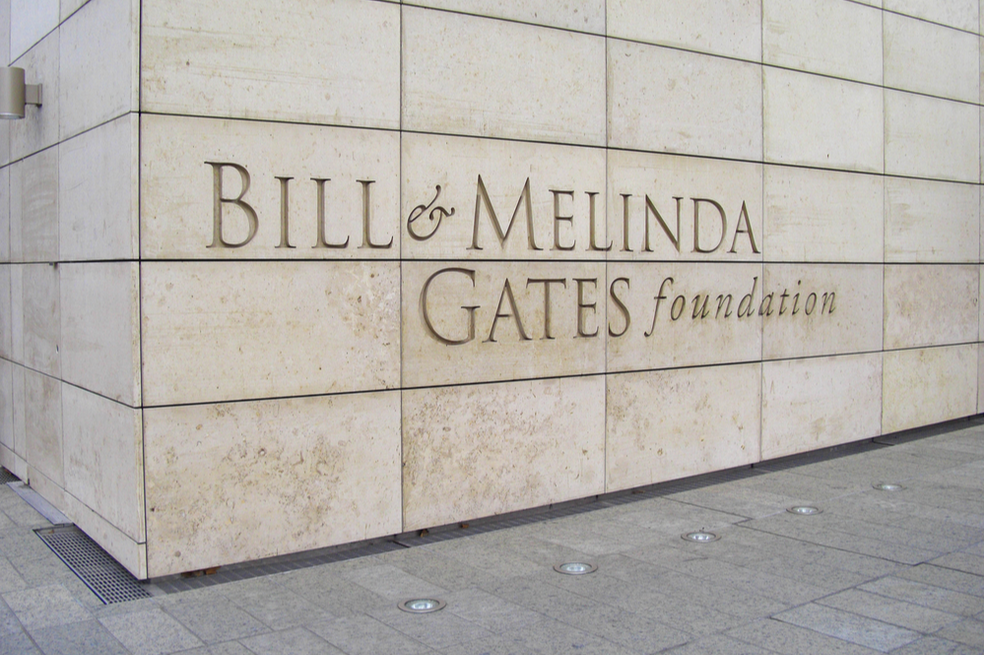Global Reach, Enlightened Self-Interest: Meet the New Visa Foundation
/Women merchants in uganda. photo: Vlad Karavaev/shutterstock
Visa or MasterCard? Both brands are ubiquitous, but only one is associated with large-scale philanthropy. The independent MasterCard Foundation has $9.6 billion in assets and is a leading funder of global development work.
Meanwhile, Visa only recently launched its philanthropic arm, the Visa Foundation. The move is reportedly part of the company’s “larger social impact strategy,” which prioritizes helping small and micro enterprises grow so that individuals, families, and economies can thrive. While it's surprising that Visa hasn't had a foundation until now—particularly given its size and global presence—it’s not wasting any time making financial commitments. The first is a larger pledge to the Women’s World Banking (WWB) initiative.
Investing in women’s banking is a safe bet for Visa. There's huge interest right now in empowering women in developing countries, with estimates suggesting that greater gender equity could add trillions of dollars to global GDP. Such a wealthier world, needless to say, would be good for Visa. And this company is just the latest to focus philanthropic resources on financial inclusion work that benefits poor women and also promises to boost the bottom line of multinational corporations.
In many countries, women continue to face barriers to financial inclusion and remain disproportionately excluded from the formal financial services industry. The Visa Foundation aims to bridge that gap by investing $20 million over the next five years in the WWB.
Initially focusing on low-income women and women-owned enterprises in India, Mexico and Nigeria, funding will support the development and scaling of sustainable financial services products, expanding the initiative's network of partners to serve 50 million more financially underserved people, measuring the impact that improved financial services have on women entrepreneurs, and sharing best practices on best supporting small and micro enterprises around the world.
Related:
- The Final Countdown: Where are MetLife’s Financial Inclusion Grants Landing?
- Behind the Bid to Lift the Unbanked Masses of South Asia Into the Mainstream Economy
The foundation may be new, but advancing global financial inclusion isn’t unfamiliar territory for Visa. In fact, this is core to its business model. According to Visa’s website, it has “spent the last 60 years connecting hundreds of millions of people and organizations to a global system that enables fast, safe and reliable transactions," which thereby makes the company “well-positioned” to move the needle on global financial inclusion.
To be sure, credit cards companies engage in problematic behavior—extracting billions in often excessive fees and interests payments for consumers worldwide. Visa doesn't issue its own cards, lend money or charge fees, but its brand is central to a system with a lot of abusive practices. On the other hand, the global reach and sophistication of multinational financial services firms like Visa means that they bring enormous resources to the effort to knit more of the world's population into the formal economy and its banking systems—a key to reducing poverty.
Visa has made some important moves in this regard.
In 2015, Visa joined the long list of governments, government agencies, financial institutions, NGOs and nonprofits in the World Bank’s Universal Financial Access (UFA) initiative. UFA is a global campaign with the goal of giving 1 billion people worldwide access to a financial transaction account by 2020. As of the end of June 2017, the initiative is projected to reach around 680 million new account holders toward its 1 billion goal by 2020. Visa’s UFA commitment involves providing payment accounts to an additional 500 million unbanked people around the world.
In the past, Visa has also supported outfits like the Better Than Cash Alliance, Center for Financial Services Innovation, and the Alliance for Financial Inclusion. It’s also worth mentioning that it has partnered with WWB in the past, as well. That previous support was a bit different from Visa’s current commitment, in that it rolled out micro-insurance programs in Egypt, developed BETA savings accounts in Nigeria, and provided access and security for formal financial services.
So the Visa Foundation’s inaugural commitment isn’t earth shattering. But Stephen Kehoe, Visa’s senior vice president for global financial inclusion, touched on something that demands a bigger spotlight than it often receives—the multiplier effect. The concept is simple: When society invests in women, women, in turn, invest in their children, their communities, their businesses and their educations. All of which benefit society and economies at large.
The same concept holds for financial inclusion. While this may not be the sexiest area of global development philanthropy, it has huge multiplier effects. And lately, some serious progress is being made here.







































